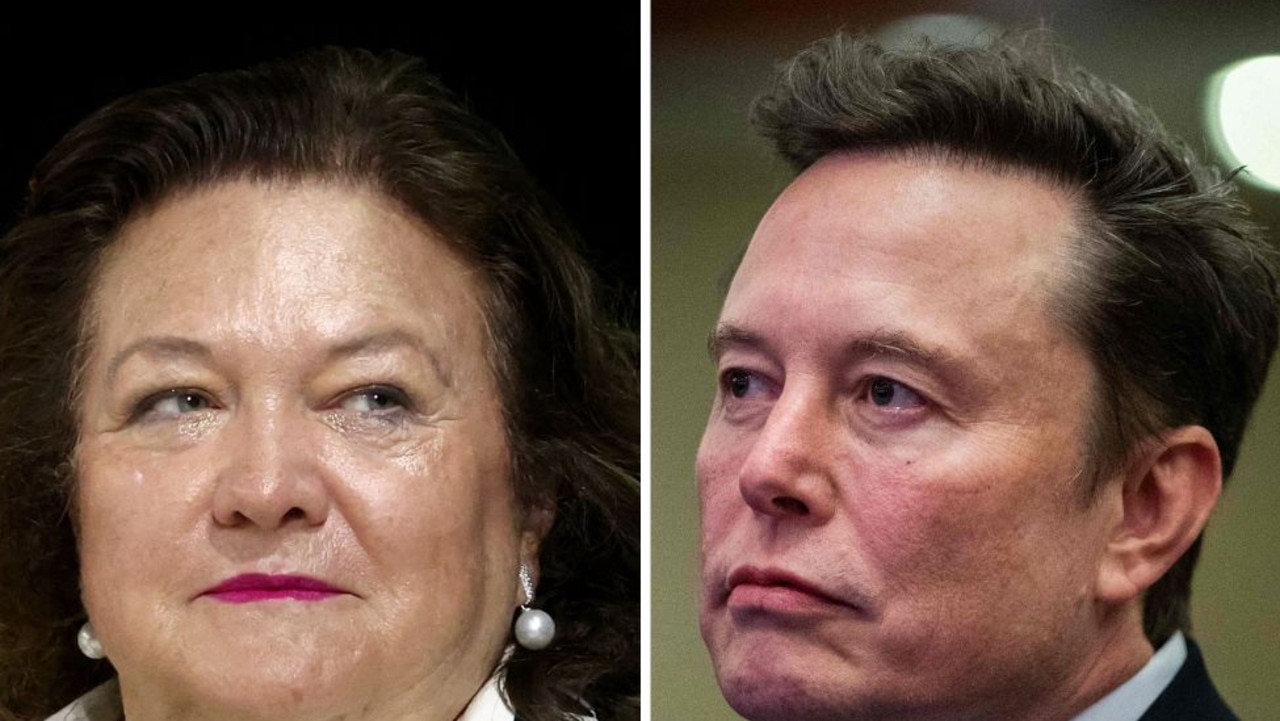Crack down on sponsored passes to curb lobbyist influence over leaders, experts tell inquiry
Experts have backed a push to tighten lobbying rules and force tougher disclosure on federal ministers, including releasing their monthly diaries.

Leaders
Don't miss out on the headlines from Leaders. Followed categories will be added to My News.
Federal ministers should be forced to publish their diaries each month and lobbyists access to leaders should be restricted to counter undue influence and potential for corruption, an inquiry has heard.
Experts and public advocates have called for a crackdown on Australia’s “weak” federal lobbying system that allows lobbyists to roam the halls of parliament unescorted.
Orange passes, which require sponsorship from an MP or senator and are valid for three years, allows the holder around-the-clock access to restricted areas of Parliament House.
University of Sydney law Professor Anne Twomey said the pass gives lobbyists the power to ‘drop in’ to a parliamentarian’s office without an appointment, casually run into them at one of the cafes, or catch them as they return from a division in the chamber.
“It allows lobbying to occur in an informal and undocumented way, without a formal appointment recorded in a diary and without the attendance or knowledge of a staffer or official,” Professor Twomey told a senate committee
“In short, it opens the door to undue influence and potentially corrupt behaviour. Facilitating such opportunities is both unwise and inappropriate.”

Monday’s inquiry heard that the number of new lobbyists on the public register has nearly doubled since 2020.
Research suggests that almost 40 per cent of lobbyists are former politicians, public servants and ministerial advisers.
Monash University Associate Professor Yee-Fui Ng said lobbyists using sponsored passes should be required to publicly register their details, including with whom they meet, to align with rules used in countries like Canada and the US.
She argued ministers should also be required to publicly disclose meetings, citing a recent scandal in the UK in which MPs were paid to ask questions put forward by lobbyists to parliament.
“Parliamentary time is a scarce resource and we shouldn’t let people pay for such access,” Dr Ng said.
“I think for the broader notion of fairness – the regulatory notion of transparency is good.”

Vivien Clark from the Australia Institute said lobbyist influence could be exposed and reduced by forcing ministers to publish their ministerial diaries.
She pointed to NSW, Victoria and Queensland, which all require ministers to disclose diary summaries outlining scheduled meetings with lobbyists, stakeholders and other external organisations.
“If we’re talking about decisions that were made a year ago or months ago, and you’re only just finding out in few weeks that the minister has had all kinds of meetings with specific lobbyists or interest groups – it’s not good enough to find out 18 months later,” Ms Clark said.

Later, experts raised concerns over the extensive links between Australia’s elected officials and the influence of big tobacco.
Dr Christina Watts, who published a study last year that found about half of tobacco lobbyists had previously held jobs in parliament, said the government’s anti-vaping reforms risked being weakened under the current lobbying rules.
“The tobacco industry and their allies very much use a stretch of campaigns, they will very indirectly support various individuals and pose them as perhaps people in the public who are concerned about the issue,” Dr Watts said.
“They really strategically distance themselves from those individuals, so tracking financially back to big tobacco is a very difficult thing to do.”
Dr Watts identified a ‘cooling-off period’ requiring former ministers to wait 18 months before lobbying on issues related to their former portfolio as one of the biggest defincinies in this area.
Last year, independent Monique Ryan introduced legislation to parliament that would force ministers and senior public servants to wait three years before they could take up work as a lobbyist in the same portfolio.
It would also extend the existing lobbyist register to cover more people and establish financial penalties on those who broke the rules.
More Coverage
Originally published as Crack down on sponsored passes to curb lobbyist influence over leaders, experts tell inquiry



